Last page update:
THE 2022 ASPIRE NOMINEES
The APEC Science Prize for Innovation, Research, and Education (“ASPIRE”) is an annual award sponsored by Wiley and Elsevier that recognizes young scientists who have demonstrated a commitment to excellence in scientific research and collaboration with scientists in the region. This year, ASPIRE received 13 nominees contributing to the ASPIRE theme of “Innovation to Achieve Economic, Environmental, and Social Goals.”
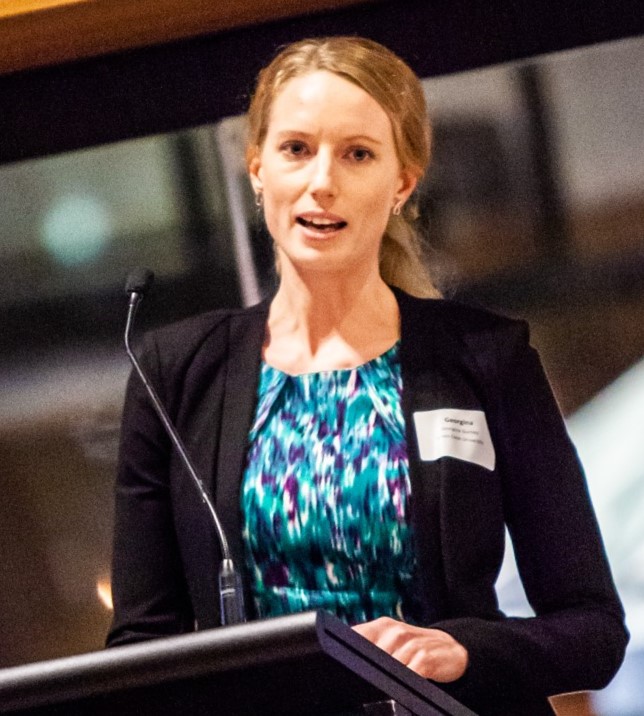 Australia
Dr Gurney is an environmental social scientist who has made significant contributions to conservation and sustainability science and practice. Her research focuses on conservation and sustainability initiatives in tropical marine systems, which has increased the conservation sector’s ability to deliver environmental, societal, and economic benefits for at-risk coral reefs. Dr Gurney has been published in over 60 peer-reviewed papers in top-ranked journals and has received prestigious fellowships. Much of her work has been conducted in partnership with scientists from nine APEC economies, including Australia, Canada, Chile, China, Indonesia, Japan, Malaysia and the United States. | ||||||
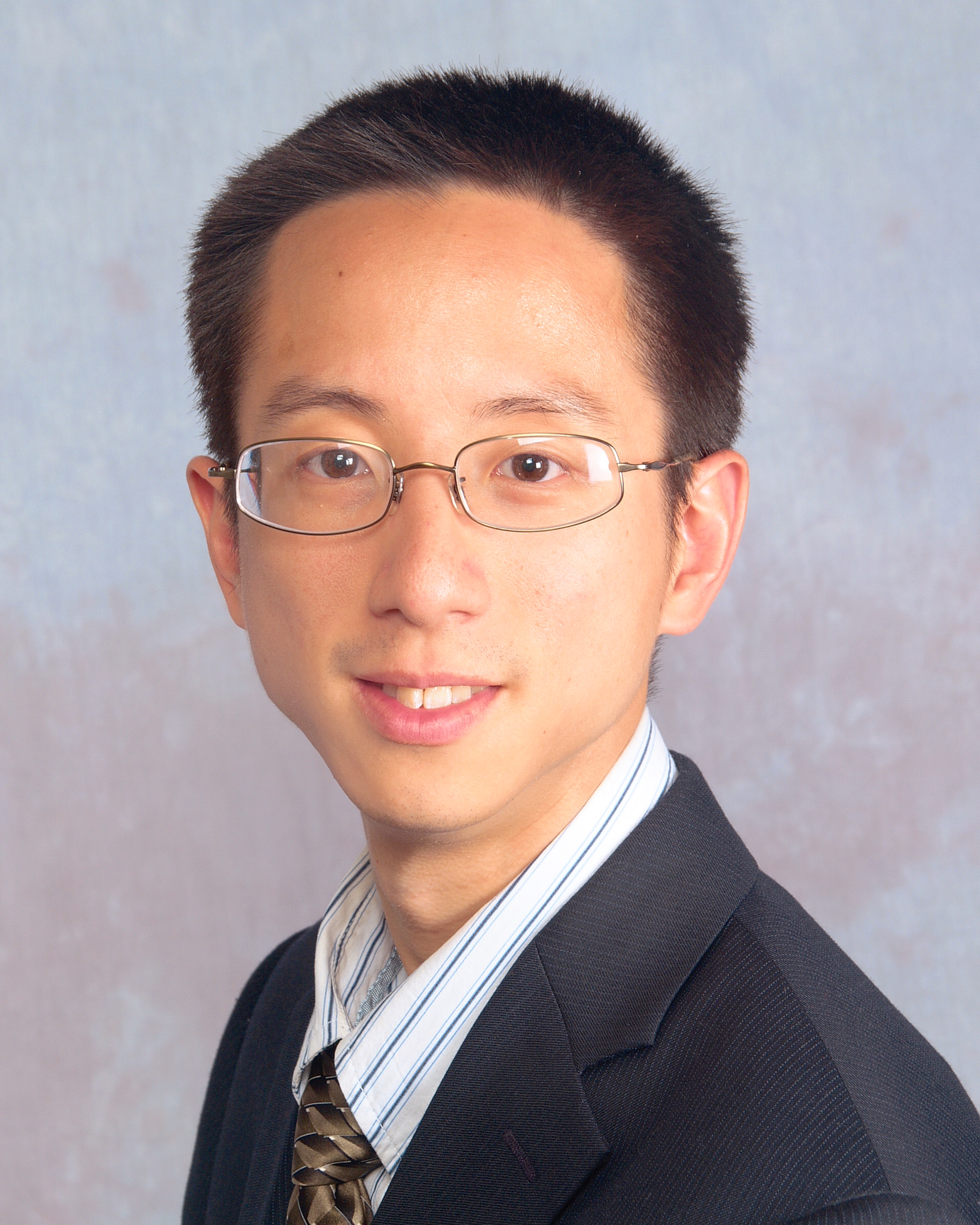 Canada
Professor Chan’s research is focused on the formation of air pollution and its health impacts. His research has presented new frameworks to understand and measure interactions between different particulates. This includes low cost and easy to use methods. Professor Chan's work has resulted in 59 scholarly publications. He has largely worked with researchers in APEC economies to ensure that his methods are suitable for economies with severe air pollution problems. | ||||||
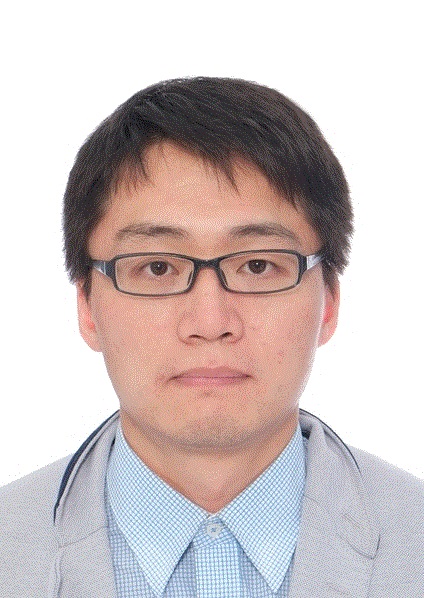 China
Dr Shan’s research is focused on bioelectronics, with an emphasis on the green circular economy. His research has significantly improved the security and protection capabilities of the marine environment near nuclear power plants around the Asia-Pacific region. His research has allowed him to collaborate with scientists from Australia and New Zealand and has been published in over 20 academic papers. | ||||||
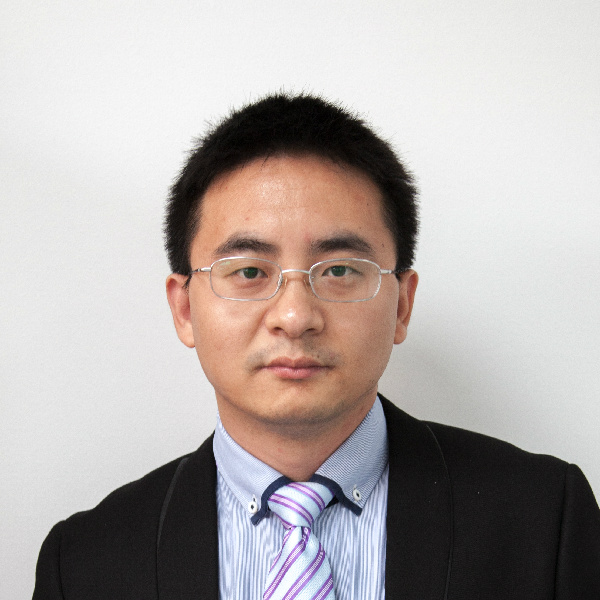 Hong Kong, China
Dr Ren’s research is focused on decision-making for economic, industrial, and social systems. He has developed new methods to promote harmonious development of the economy, environment and society. He has been published in over 183 journals. Dr Ren has collaborated with scientists in 12 APEC economies including Canada, China, Indonesia, Japan, Korea, Malaysia, Mexico, the Philipines, Singapore, Chinese Taipei, Thailand and Viet Nam. | ||||||
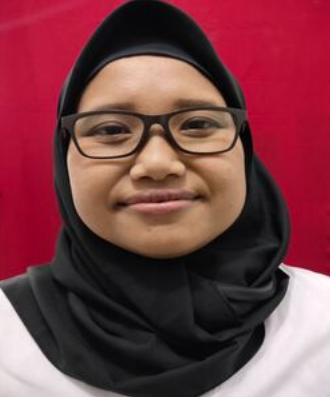 Indonesia
Dr Risky’s research is focused on the application of microbes to remove pollutants, treat waste/wastewater and create bioenergy. Through her research, she has developed a co-benefit wastewater treatment system with plants and microbes, which provides sustainable degradation of organic pollutants and bioenergy production. She has contributed to over 50 academic papers and collaborated with APEC economies such as Japan, Malaysia and Thailand. | ||||||
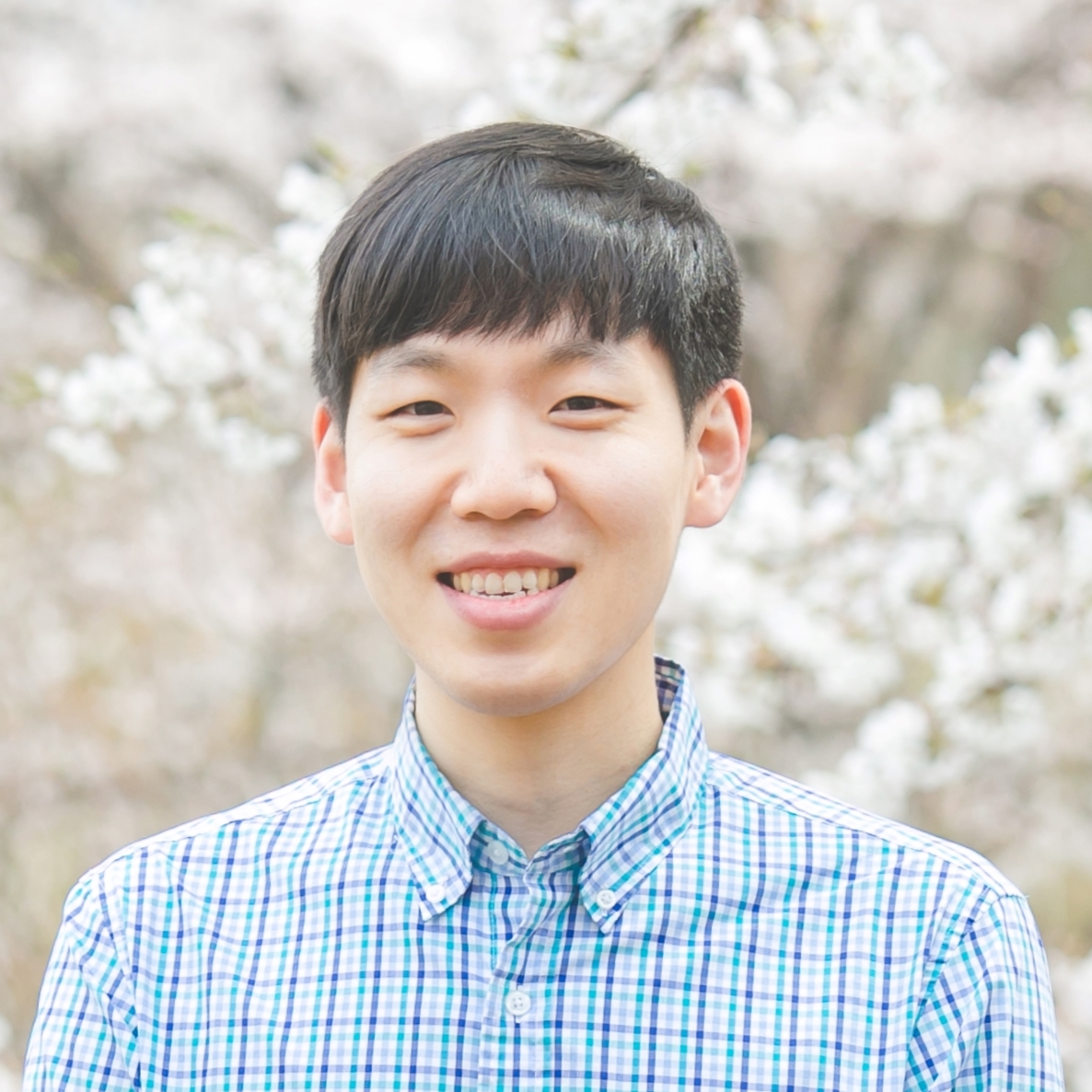 Korea
Dr Myung’s research is focused on microbial biotechnology for the recovery of clean water, renewable energy and renewable materials. Dr Myung developed a biological platform for synthesizing bio-based, biodegradable, biocomptable polymers using biogas methane, which is a significant contribution to the environmental “plastic crisis.” Dr Myung has collaborated extensively across the APEC region, including with scientists from APEC economies such as Canada, Singapore and the United States. | ||||||
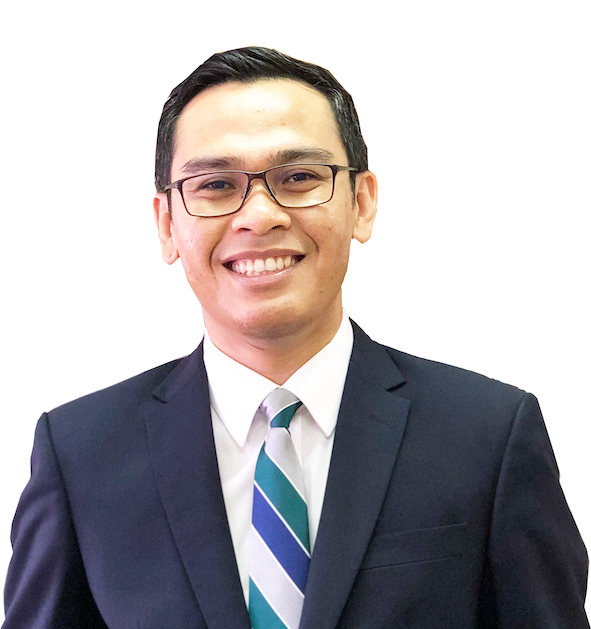 Malaysia
Dr Aris' research is focused on environmental forensics development and the interaction between the natural spheres and anthroposphere. His work has been used to guide policies on environmental issues not only in Malaysia, but also in other economies. He is a well-regarded expert in environmental forensics throughout government agencies and is known as one of the top researchers in environmental science in Malaysia. Dr Aris is among the youngest fellows to be inducted into the Academy of Sciences Malaysia and has been published in over 200 academic papers. | ||||||
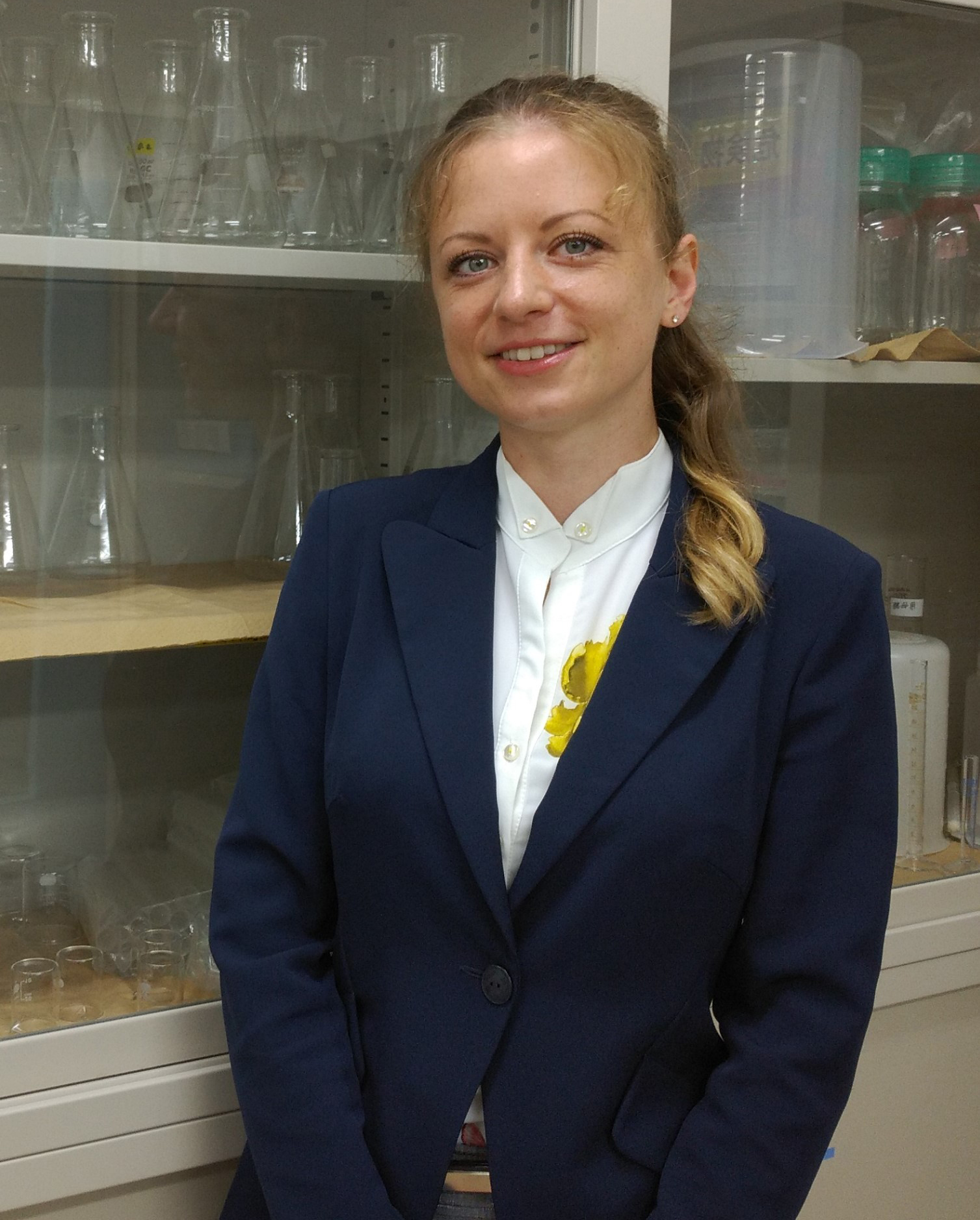 Russia
Pentekhina's research is focused on the bio-circular-green (BCG) economy. She has completed research on the protection of crops via marine and terrestrial microorganisms to provide sustainable food security. She has contributed to over 30 peer reviewed scholarly publications and has collaborated with scientists from APEC economies such as Japan and Viet Nam. | ||||||
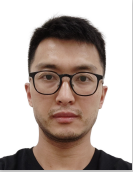 Singapore
Dr Zhong's research is focused on the study of how human barrier organs defend against bacterial and viral infections. With this understanding, he hopes to develop better medicines to treat infectious diseases and autoimmune disorders. He has collaborated with APEC economies on this work, including Australia and China. He has been published in over 10 academic papers. | ||||||
photo_hsuchun-hsiao1.jpg?Status=Temp&sfvrsn=10aa987f_2) Chinese Taipei
Dr Hsiao's research is focused on emerging cybersecurity threats and advanced defense techniques for critical infrastructure, applying to government agencies, hospitals, communications and finance. Her team has developed several open-sourced tools for discovering security vulnerabilities in decentralized finance applications, as well as helped boost the trust in resource allocation programs, such as social housing. Dr Hsiao has collaborated with several scholars across five APEC economies, including Australia, Japan, Korea, Singapore and the United States. She has been published in over 60 academic papers and has won several funded research grants and awards within cybersecurity and teaching. | ||||||
-aspire_thailand_photo.png?Status=Temp&sfvrsn=d933ac64_2) Thailand
Dr Charoensawan's research focuses on how plants respond to climate change, in addition to molecular mechanisms of complex diseases and infectious diseases such as dengue fever and COVID-19. He has recently established a single-cell omics facility in Thailand. Together with scientists from APEC economies, this project has helped provide an Asia-specific platform for developing targeted therapy in precision medicine. Dr Charoensawan has been published in over 50 research articles. | ||||||
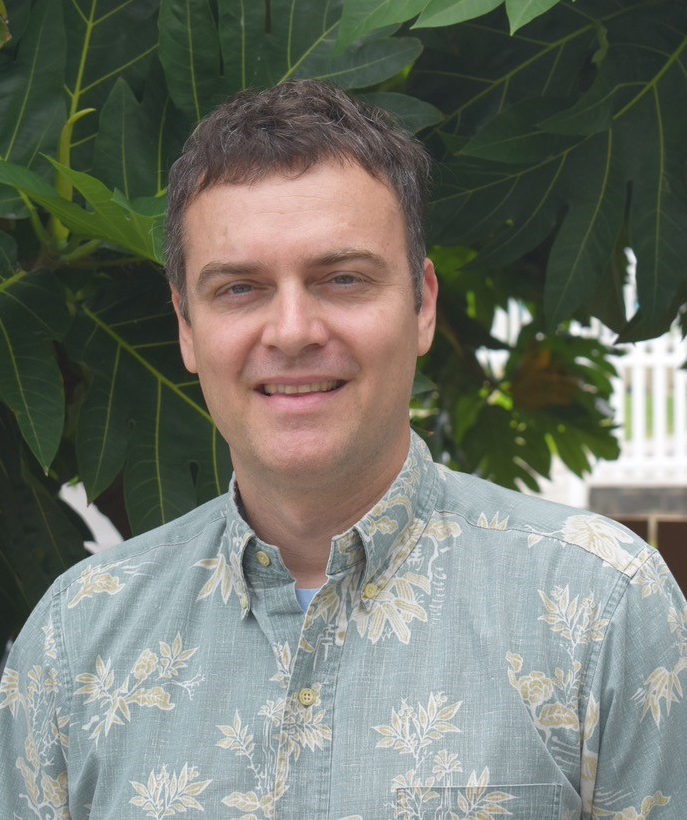 The United States
Dr Fisher is an environment scientist whose research is dedicated to agrarian change, community forestry, conflict and mediation, disaster management as well as participatory planning. His work is focused on the research-policy nexus on environmental governance in rural and frontier areas, with a specific focus on Indonesia. He and his fellow research collaborators have been published in a wide range of academic journals, policy briefs and news media. He recently established the academic journal entitled Forest and Society, which has emerged as a leading international journal from Southeast Asia and opened opportunities for scholars from the region. | ||||||
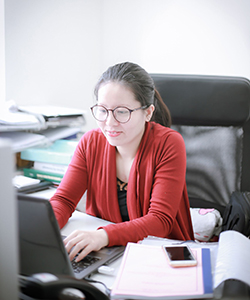 Viet Nam
Dr Duyen’s research focuses on regulating soil ecosystems to provide evidence to support prevention of severe weather conditions, such as droughts. Her work has increased public awareness on the necessity for soil fertility protection and sustainable agricultural development. Dr Duyen has published in over 15 peer-reviewed publications and has worked with scholars from APEC economies such as Japan. |

